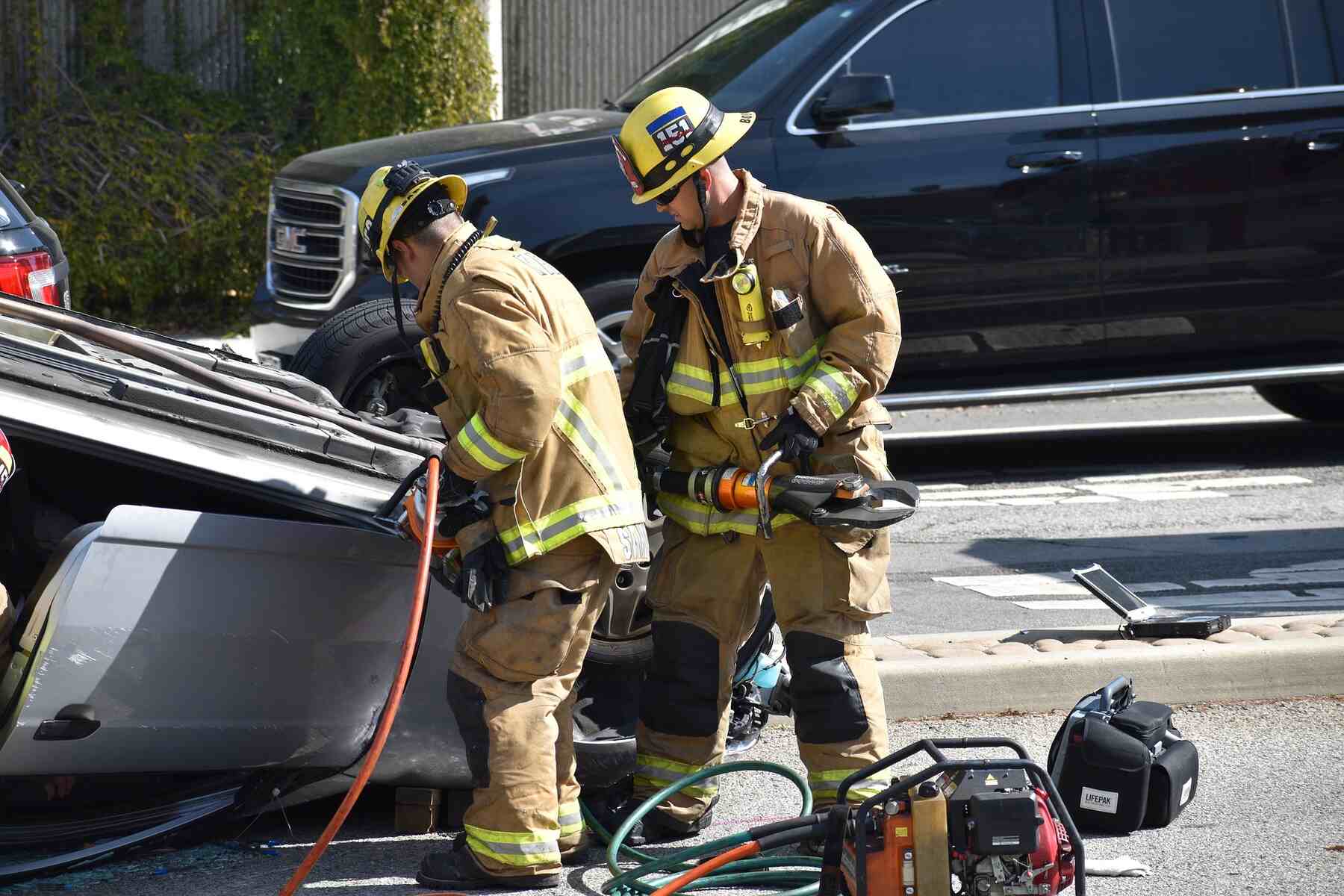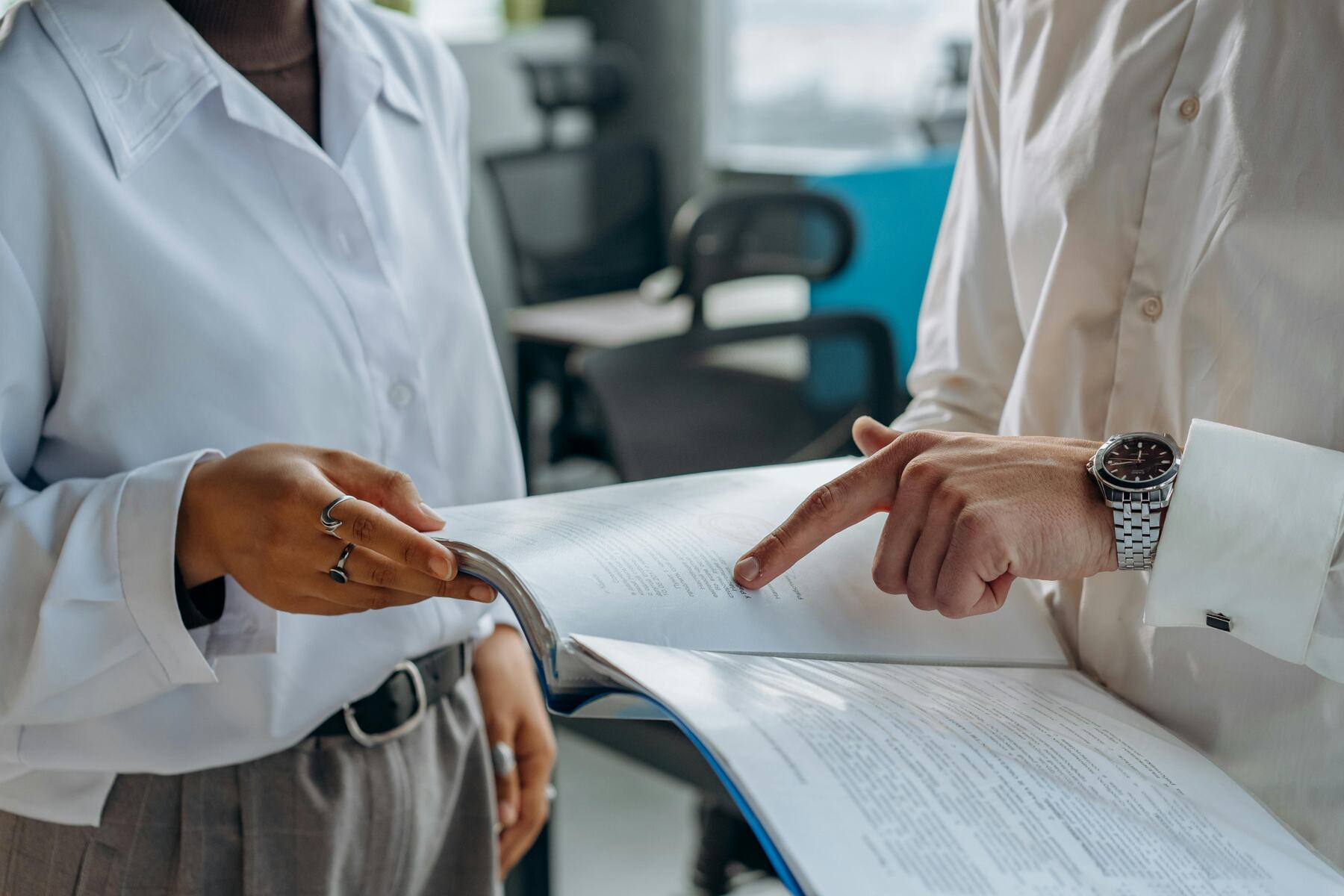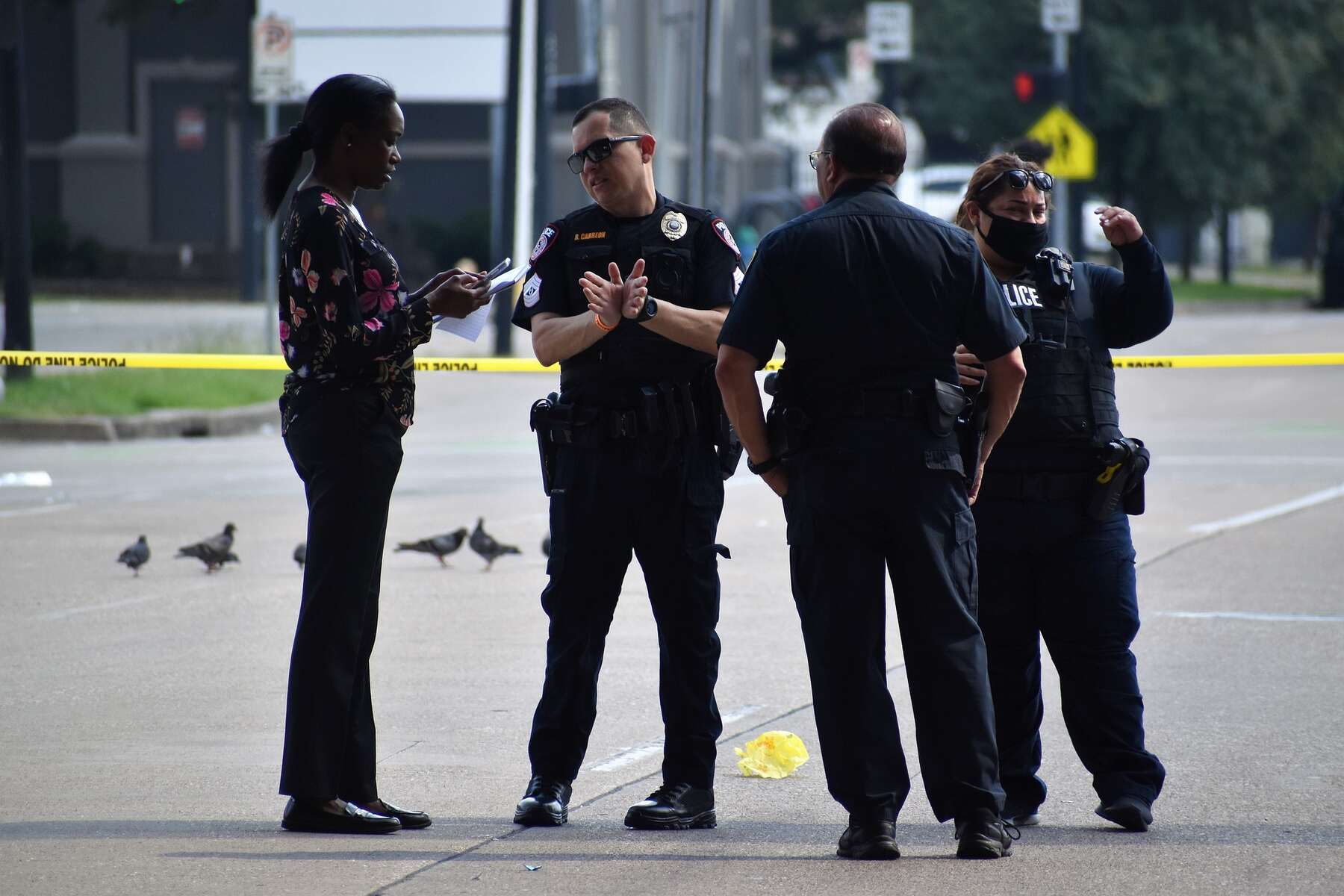Have you recently been in a car accident, feeling stressed and overwhelmed, only to receive a copy of the police report and it contains errors or does not match what happened? Unfortunately, when police reports contain errors, they can make filing successful accident claims challenging. Below, our Los Angeles car accident lawyers explain steps to take if your car accident police report is incorrect.
What Is an Accident Report?
When police officers respond to an accident scene, one of the responding police officers will create a police report or accident report. A police accident report is the official documentation of an accident. It typically offers a comprehensive and objective account of the accident, including factual information and information based on the officer’s observations.
A police report generally contains the following information:
- Date, time, and location of the accident
- Names, addresses, phone numbers, and insurance details of all parties involved in the accident
- Descriptions of the vehicles involved, including make, model, vehicle identification numbers, and license plate numbers
- Factors that may have contributed to the accident
- Traffic citations issued at the scene or traffic violations observed by the police officer
- Details about injuries to each party, vehicle damages, and personal property damages
- Witness information
- Diagram of the accident scene
How Are Police Reports Used After Car Accidents?
A police report is an objective record of a motor vehicle accident. It includes information about the parties involved in the accident and observations from the responding officer’s investigation of the crash.
While an accident report may be inadmissible in court, it can affect your potential accident claim. The insurance company will conduct its own investigation of how the accident happened. However, it will also put weight on the accident report.
When evaluating personal injury claims, accident reports help insurers understand the circumstances of the accident and determine fault. Therefore, the report must be accurate because it can help or hurt your claim, depending on what it says.
How to Prevent Errors in Your Report
The aftermath of an accident can be overwhelming, especially if you suffered injuries. However, if you are physically able, give the police officer as many details about the accident as possible. The best way to prevent errors in your police report is to be as thorough as possible.
You may also ask the police officer to review the initial draft of the report before leaving the accident scene. If you see errors, you may be able to get them fixed while still at the scene. Additionally, if you notice or believe the officer missed something about the accident, point it out. However, be respectful. The investigating officer will likely be more receptive if you remain calm and are polite.
What Types of Police Report Mistakes May I Encounter?
When reviewing a car accident report, look for any inaccuracies that could affect the outcome of your accident claim. Mistakes in police reports may include omissions, factual errors, or subjective errors.
Omission errors in a police report refer to instances where information is left out. These omissions may have left out factual or subjective information, which we discuss below.
Request Your Free Consultation
"*" indicates required fields
Factual Errors
Factual errors are inaccuracies in the objective data recorded in the report. These mistakes are usually straightforward and involve concrete details that are verifiable and should be indisputable. Common factual errors include, but are not limited to:
- Incorrect personal information. The report may contain errors about the parties involved in the crash, such as wrong names, addresses, phone numbers, or insurance details.
- Vehicle misidentification. These mistakes may include the wrong make, model, color, or license plate numbers of the vehicles.
- Incorrect accident information. The report may include the wrong date, time, or location of the accident.
Subjective Errors or Disputed Information
Subjective errors or disputed information in a police report arise from the assessment or interpretation of the accident and can vary based on perspective. For example, disputed information errors may include, but are not limited to, the following:
- Misinterpretation of the sequence of events leading to the accident
- Incorrect assessment of accident fault
- Conflicting witness statements
- Conflicting statements from the involved drivers
These errors are more challenging to correct because they may involve the opinions of the investigating officer, involved parties, and witnesses. This kind of error can become hearsay unless you have concrete evidence to disprove the mistake.
 How Much Is Your Settlement Worth?
How Much Is Your Settlement Worth?
Schedule a completely free, no obligation consultation with our team
Schedule Consultation
What Are the Potential Consequences of an Inaccurate Police Report?
It is common for the insurance company to request the accident report during its claim investigation. The accuracy of the accident report is essential because it can help prove your version of how the accident occurred and accident fault.
Inaccuracies in the report may lead to back-and-forth disputes between you and the insurer, especially if the police report wrongly assigns fault to you, misrepresents the circumstances of the accident, or contains conflicting witness statements. This interaction can be frustrating and stressful, especially when relying on the claim to cover your medical bills and other losses.
Unfortunately, the accident report can impact your claim. It may result in the insurance company undervaluing your damages or even denying your claim.
If My Police Report Is Wrong, What Do I Do?
Have you received a copy of your police report either from your local police department or the California Highway Patrol (CHP), and does it contain incorrect information? We recommend contacting an experienced Los Angeles car accident attorney if you received an inaccurate police report.
An experienced car accident attorney should have extensive experience dealing with inaccurate police reports and will know the best way to deal with them. An attorney can communicate with law enforcement on your behalf and request changes or a supplemental statement to the report.
How to Fix Factual Mistakes in a Police Report
Addressing factual errors is generally straightforward. These errors could include an incorrect driver’s license number or inaccurate information about your vehicle. If you present the correct information with your driver’s license, car title, or registration, the police officer may amend the report.
How to Fix Disputed Information in a Police Report
Disputed information generally includes observations about factors contributing to the accident and who was at fault. Because this information is subjective, it is very difficult to correct these errors. However, steps that you can take include:
- Ask for changes as soon as possible. Reach out to the officer who prepared the report or the police department as soon as you notice errors. Try to get the police report corrected before it is finalized.
- Provide documentation. Collect and provide any evidence that supports your version of the events. Typically, you need objective evidence to get this type of error fixed. Evidence may include video footage of the accident, new eyewitness accounts, or medical records.
- Request a supplemental statement. If the officer does not amend the report, ask if you can submit a supplemental statement to be attached to the original report. This statement should clearly outline the inaccuracies and provide evidence that supports your claims. You should also include medical records if your original statement does not reflect the injuries you sustained from the crash.
Can I Challenge a Police Report?
If the car accident report contains errors, you can request amendments or a supplemental report. The process involves contacting the law enforcement officer who wrote the original report and providing substantial evidence that supports your request. We recommend working with an attorney experienced in handling these matters, who can handle communication and requests to law enforcement on your behalf.
Contact Our Los Angeles Car Accident Lawyers About Your Situation
At the Law Offices of Steers & Associates, we represent personal injury victims in cases throughout the greater Los Angeles and Southern California areas. After a serious car accident, do not wait to consult with an experienced attorney from our firm. You may be able to pursue compensation for your damages.
During a free consultation, we can answer your legal questions and help you understand your potential legal options for moving forward. Call us at (800) 824-5416 or contact us online today.

Allen Vaysberg practices personal injury law and works tirelessly to defeat the tactics of insurance companies and large corporations who try to deny justice and fair compensation to injured people.



